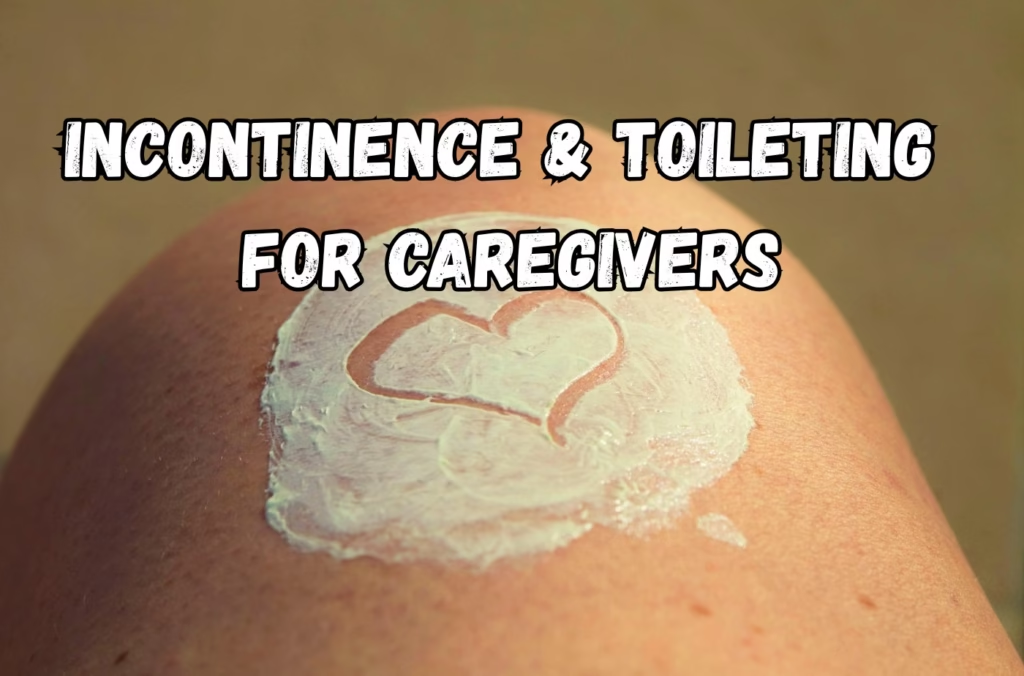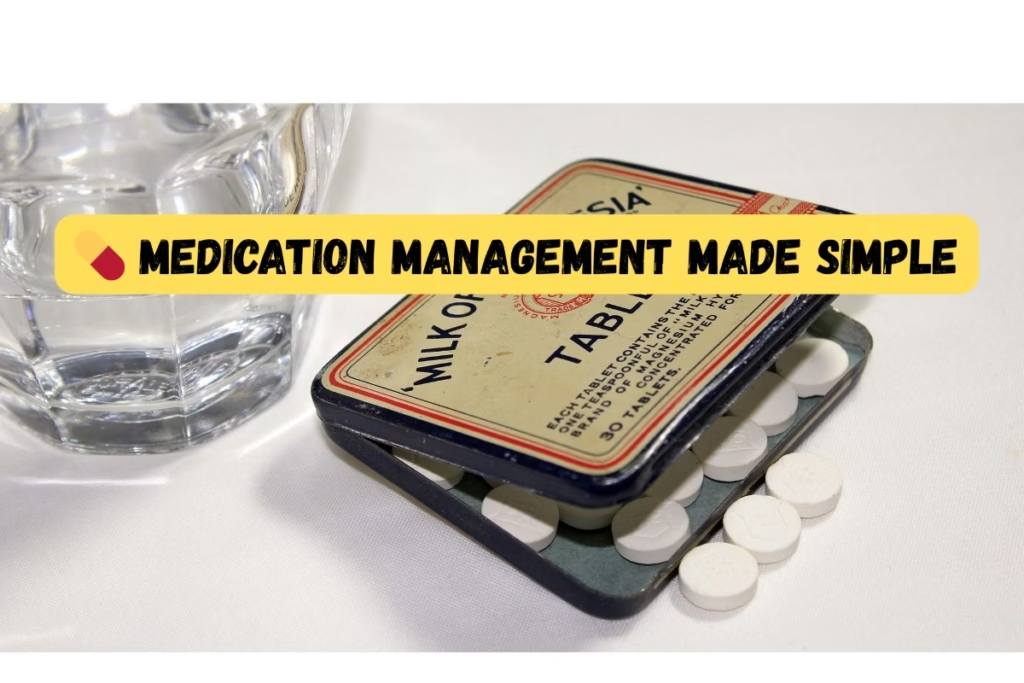Addressing the essentials of geriatric care management can be a beacon of hope for financially challenged elders. Without the right guidance and resources, accessing geriatric care management services remains an arduous plight for many. But knowledge is a powerful tool, and for those who may feel marginalized by economic constraints, understanding the available solutions can illuminate the path to adequate senior care.
1. Introduction to Geriatric Care Management Solutions
Defining Geriatric Care Management for Elders
Geriatric care management is an essential service designed to aid seniors and their families in managing the challenges associated with aging. This may include health care coordination, long-term care planning, and assistance in navigating the intricate web of available senior services. A geriatric care manager typically has a background in nursing, social work, or gerontology, providing them with the expertise to assess the needs of the elderly and create a tailored care plan.
One critical aspect of geriatric care management is ensuring that the plan reflects the senior’s desires for their quality of life, medical treatment, and end-of-life care. These professionals act as liaisons between doctors, family members, and other parties involved in the elder’s care. They offer guidance on making informed decisions about housing, home care services, and other resources necessary for maintaining dignity and independence in later years.
The Link Between Economic Status and Access to Senior Care
Access to quality care often correlates with one’s economic status, making it more challenging for low-income seniors to get the help they need. Financial obstacles can prevent these elders from receiving critical services that are more readily available to those with greater financial means. This disparity underscores the importance of providing support and finding affordable solutions for low-income seniors, who are at risk of facing neglect and deteriorating health.
In response to these disparities, there are various programs and organizations aiming to bridge the gap. Some focus on subsidized care, while others offer assistance with benefit programs like Medicaid or sliding-scale fees based on income. Accessing Geriatric Care Management Services for Financially Challenged Elders is not just about locating affordable options, but also about ensuring these services are comprehensive, coordinating care across different domains to meet the senior’s holistic needs.
In conclusion, understanding geriatric care management and recognizing the link between economic status and care accessibility is crucial. Ensuring that all seniors have access to these essential services is a matter of both health and social equity. For the well-being of our elders, it’s important to continue advocating for resources that support economically challenged seniors in managing their health and maintaining their independence.
2. Challenges in Accessing Geriatric Care Management Services
Identifying Barriers for Financially Challenged Elders
Many seniors face significant challenges when accessing geriatric care management services, especially those with limited income. The first hurdle is often financial, as the cost of comprehensive care management can be prohibitive for low-income elders. These services typically involve assessments, planning, coordination, and monitoring of care needs, all of which come with a price tag that may be beyond the reach of some seniors.
Understanding the Impact of Limited Resources on Elder Care
The scarcity of resources extends beyond financial constraints. Low-income seniors might encounter a lack of transportation to healthcare facilities or a dearth of care management professionals in their region. This can lead to a gap in regular health monitoring and difficulty in obtaining necessary medical care or social services.
Limited resources can also mean inadequate access to technology, making it challenging to utilize telehealth options, which have become an integral part of healthcare. Moreover, the complexity of navigating social and healthcare systems can overwhelm seniors, particularly for those dealing with cognitive decline or language barriers. Effective communication is crucial to managing one’s health, yet this is something financially challenged elders may struggle with without proper support.
For many, care from family members is the only viable option. However, family caregivers may lack the knowledge and skills to manage intricate healthcare needs adequately, potentially leading to suboptimal care. There is also the risk of caregiver burnout, a serious issue that can impair the quality of care and the well-being of both the caregiver and the senior in question.
In recognizing these barriers, it is essential to explore solutions that improve accessing geriatric care management services for financially challenged elders. This can involve the adoption of more affordable care models, expanding community-based programs, increasing funding for elder services, and leveraging technology to bridge gaps in care and information. Addressing these challenges is crucial in ensuring that all seniors can receive the care management they need and deserve.
3. Community-Based Geriatric Care Management Options
Non-Profit Organizations: Supporting Geriatric Care for Those in Need
Non-profit organizations play a crucial role in geriatric care management, particularly for those facing financial constraints. By offering services at reduced costs or on a sliding scale, these entities ensure that essential support is accessible to all. Non-profits may provide a myriad of assistance, which can include health counseling, transportation, home care, and meal services. Additionally, they often facilitate wellness programs and social activities that promote a sense of community and overall well-being among seniors.
One vital resource that non-profits offer is case management. Through case managers, seniors can receive personalized care plans that address not only their medical needs but also social and emotional considerations. These professionals adeptly navigate the complexities of healthcare systems to advocate for seniors, ensuring they receive the proper care and benefits while also counseling families through difficult decision-making processes.
Government Programs: Financial Aid for Essential Services
Federal and state government programs exist to mitigate healthcare costs for low-income seniors. Medicaid, for instance, may cover the costs of geriatric care management services depending on the individual’s financial situation and the state’s specific provisions. Medicaid waivers also permit certain services to be covered outside of standard benefits, depending on geographical location.
Additionally, the Older Americans Act provides funding for home and community-based services, which can include geriatric care management. Under this act, Area Agencies on Aging (AAAs) are tasked with administering local programs designed to support seniors in their homes and communities, often including nutrition programs, caregiver support, and case management services.
To benefit from these offerings, it’s essential for seniors and their caregivers to actively explore available options. accessing geriatric care management services for financially challenged elders can be a gateway to improved quality of life, enhanced independence, and the dignity every individual deserves in their golden years. By leveraging the support of non-profit organizations and government-funded programs, low-income seniors have avenues to access the assistance they require without the burden of excessive costs.
4. Affordable Geriatric Care Management Services
Sliding Scale Fee Structures and Their Benefits
One innovative approach to Accessing Geriatric Care Management Services for Financially Challenged Elders involves the introduction of sliding scale fee structures. This method tailors the cost of services according to an individual’s income, ensuring that essential care management remains within reach for older adults regardless of their financial situation.
The sliding scale model offers several advantages. It promotes inclusivity and equality by enabling access to high-quality care management for those who might otherwise be priced out of such valuable services. It also allows seniors to retain their dignity and a sense of autonomy, knowing they can contribute to the cost of their care in a manner proportionate to their financial ability.
Utilizing Virtual Platforms to Reduce Costs
Another strategy to lower expenses is the use of virtual platforms in delivering care management services. By transitioning some facets of geriatric care online, service providers can reduce overhead costs associated with physical office space and pass those savings on to their clients.
Furthermore, virtual services can enhance the convenience and accessibility of care for older adults, especially those with mobility challenges or residing in remote areas. This mode of service delivery can also allow for more frequent check-ins, ensuring a higher level of support and monitoring without the corresponding increase in cost.
In conclusion, leveraging sliding scale fees and virtual platforms stands out as effective measures in making geriatric care management services more affordable. Such initiatives ensure that seniors, regardless of their income, can obtain the professional assistance they need to navigate the complexities of aging with greater ease and support.
5. Strategies to Improve Access to Geriatric Care Management
Navigating Health Insurance and Medicare Coverage
For seniors on a tight budget, understanding and maximizing existing health insurance benefits is essential. Medicare, for example, can be complex, with various parts covering specific services. It’s crucial for low-income seniors or their caregivers to gain a thorough grasp of what’s available. Free counseling services, such as those offered by the State Health Insurance Assistance Programs (SHIP), can provide guidance on both Medicare and Medicaid benefits.
Forming Supportive Networks and Caregiving Alliances
Social support is another key ingredient in improving access to geriatric care management. Community organizations and faith-based groups often provide resources and services for seniors in need. Building a network of friends, family, and community members can lead to shared caregiving roles, easing the individual burden.
Accessing Geriatric Care Management Services for Financially Challenged Elders involves harnessing the power of solidarity. When multiple individuals or organizations come together, they can form robust caregiving alliances. These alliances not only provide practical assistance but also foster a sense of belonging and support for emotional well-being.
- Invest time in understanding the full extent of insurance coverage, including preventative services and potential subsidies.
- Explore benefits available through Medicare Advantage Plans or Supplemental Policies that might offer additional support with costs and services.
- Engage with local senior centers or nonprofit organizations that can often bridge gaps in care or offer discounted services.
The goal is to ensure that no senior is left without essential care due to financial constraints. By exploring all available avenues and resources, low-income elders can receive the geriatric care management they require, contributing to an improved quality of life and overall well-being.
6. Advocacy for Financially Challenged Elders
Understanding the Role of Advocacy Groups
Advocacy groups play a critical part in enhancing the access to care for financially challenged elders. These organizations work tirelessly to ensure that seniors are not left behind due to a lack of financial resources. By providing information, support, and direct assistance, these advocates help in navigating the complex healthcare system, which can often seem overwhelming to older adults and their families.
Furthermore, advocacy groups often engage in community education, helping seniors and their caregivers to understand their rights and available healthcare services. This process empowers the elderly to make informed decisions about their health and long-term care needs.
Advocating for Policy Changes
Advocacy extends into the realm of policy-making as well. Influencing policy changes can lead to improved systems of support for low-income senior populations. Advocates push for modifications in laws and regulations that can increase funding for geriatric care management services and reduce out-of-pocket expenses for elders.
Policy advancements can include increasing the availability of Medicare and Medicaid services, along with bolstering community-based programs. By advocating for changes that prioritize the health of seniors and support aging with dignity, these organizations foster a more equitable and supportive system for those in need.
Accessing Geriatric Care Management Services for Financially Challenged Elders
For low-income seniors, obtaining the necessary geriatric care management services can be challenging. However, through the work of advocacy groups and the implementation of key policy changes, there is a path forward. These services often encompass comprehensive care planning, coordination of healthcare providers, and ensuring that the individual’s medical, social, and emotional needs are met.
The proactive role of advocacy ensures that older adults receive the care they need to maintain their health and well-being. Whether it is by assisting with the application process for government aid or connecting seniors with local resources, these advocates are an invaluable asset in accessing essential services.
In conclusion, while the financial barriers to healthcare can be substantial, the efforts of elder care advocates and policy changes are contributing to more accessible and affordable care options. With their commitment, the doorway to necessary services remains open for those who otherwise might have struggled in silence.
7. Conclusion: Empowering Elders Through Education and Resources
Empowering Senior Health and Well-being
Addressing the needs of financially challenged elders requires a comprehensive strategy to ensure their proper care. Accessible resources and education are the cornerstones that can help to bridge the gap for low-income seniors seeking geriatric care management services. By summarizing the path forward, the goal is to facilitate more informed, empowered decision-making among this vulnerable group and their support networks.
Strategies for Enhancing Care Management Support
- Information dissemination: It is crucial to share knowledge about available programs and resources effectively. Utilizing local community centers, libraries, and online platforms can help spread information about accessing geriatric care management services for financially challenged elders.
- Education initiatives: Workshops and seminars specifically designed for seniors can empower them with the necessary tools to navigate the complexities of care management services.
- Advocacy: Promotion of policies that protect and benefit low-income seniors is paramount. Advocates can lobby for changes that improve access to much-needed services.
Community efforts play a pivotal role in uplifting the wellbeing of seniors who are financially disadvantaged. By building networks of support and highlighting available care management services, we can foster a culture of collective responsibility.
Community Involvement in Elder Support
Encouraging local organizations to take part in supporting the elder community showcases a powerful community effort. Volunteers, non-profits, and even local businesses can contribute by providing time, resources, or funding.
Additionally, partnerships between healthcare providers and community groups can lead to innovative solutions tailored to the unique needs of low-income seniors. This collaboration lays the groundwork for a sustainable support system that benefits all involved.
The way forward involves integrating education, resources, and community efforts to create a robust network that supports the dignity and independence of our elder community members. Empowerment through knowledge and resources is key to their enhanced care and overall quality of life.
Insightful Note: While economic limitations often pose significant hurdles, the essence of geriatric care management hinges on the adaptability and cooperation of communities to ensure even the most financially challenged elders are not left without help. Itâs essential to promote a broader understanding that access to quality geriatric care is not a privilege but a right that should be upheld for all seniors, regardless of their economic status.


